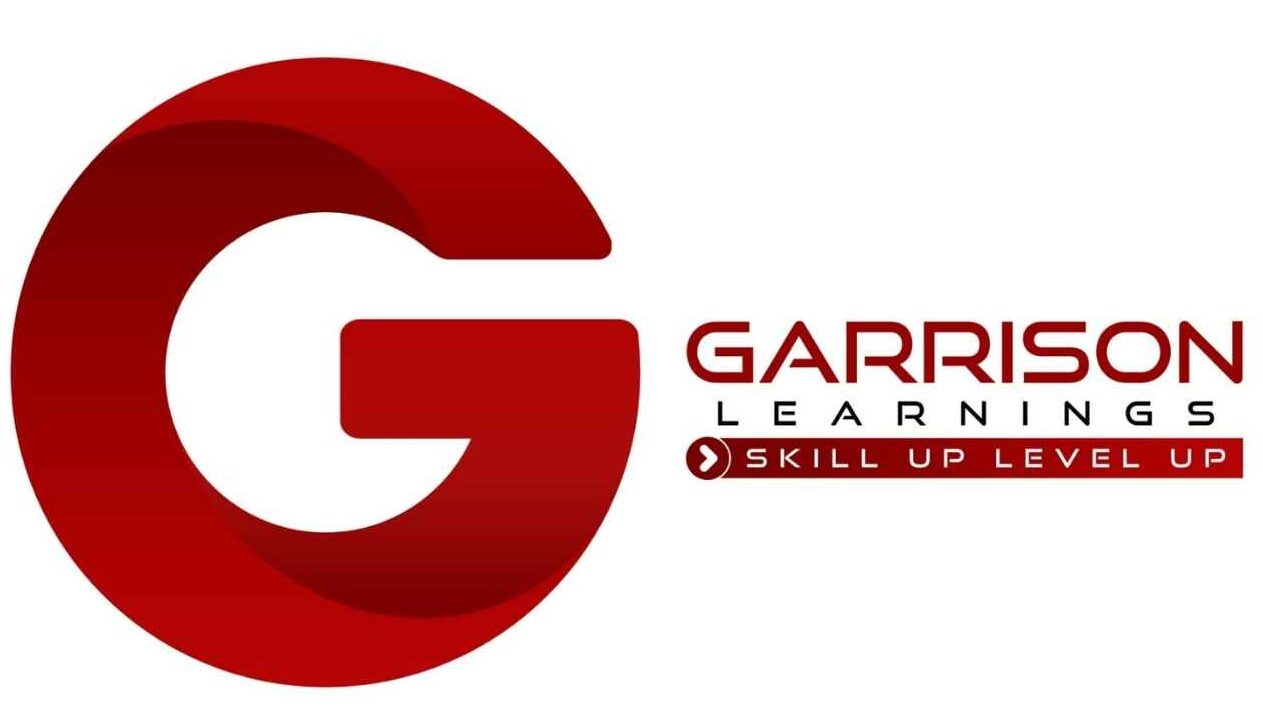Introduction to C++ Programming Course
Understand system-level programming and resource management.
About the course
Welcome to our comprehensive C++ Programming course, designed to guide you from beginner to proficient C++ developer. C++ is a powerful, versatile language used in game development, system software, high-performance applications, and more. This course provides a solid foundation in both procedural and object-oriented programming with C++. We’ll start with the basics of C++ syntax and then delve into advanced concepts like classes, objects, templates, and the Standard Template Library (STL)
Course content
- C++ Basics:
- History and evolution of C++.
- Differences between C and C++.
- Setting up a C++ development environment.
- Object-Oriented Concepts:
- Introduction to classes and objects.
- Encapsulation, inheritance, and polymorphism.
- Understanding the benefits of OOP.
- C++ Syntax:
- Variables, data types, and operators.
- Input/output streams (cin, cout).
- Control structures (if-else, loops, switch).
- Functions and Overloading:
- Function prototypes, definitions, and calls.
- Function overloading and operator overloading.
- Inline functions.
- Class Definition:
- Defining classes and objects.
- Access specifiers (public, private, protected).
- Constructors and destructors.
- Inheritance and Polymorphism:
- Single, multiple, and hierarchical inheritance.
- Virtual functions and abstract classes.
- Runtime polymorphism.
- Pointers and Dynamic Memory:
- Pointers in C++.
- Dynamic memory allocation (new, delete).
- Smart pointers.
- Templates and Generic Programming:
- Function templates and class templates.
- Introduction to generic programming.
- Exception Handling:
- Try, catch, and throw blocks.
- Namespaces.
- Containers:
- Vectors, lists, maps, sets, and others.
- Understanding container properties and usage.
- Algorithms:
- Sorting, searching, and other algorithms.
- Using STL algorithms effectively.
- Iterators:
- Understanding and using iterators to traverse containers.
- File Streams:
- Reading and writing to files.
- File manipulation and error handling.
- Stream Manipulators:
- Formatting output.
- Real-World C++ Project:
- Applying OOP principles and STL.
- Designing and implementing a complex C++ application.
- Debugging and optimizing C++ code.



